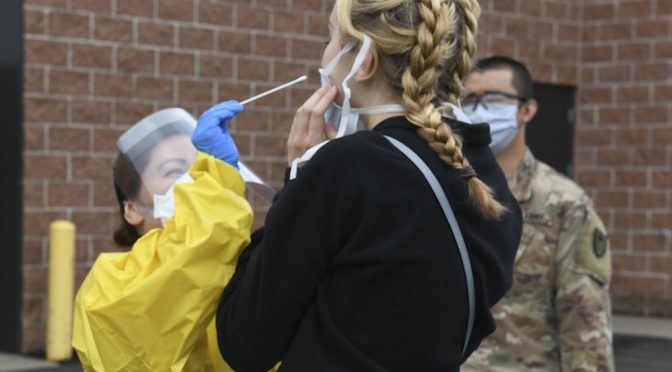Without a vaccine, writes Jennifer Daskal, the United States and other countries are struggling with different tools to stem COVID-19. A critically important one is health surveillance. Previous crises, such as 9/11, also led to restrictions—but often secret—on civil liberties. A pandemic’s surveillance response has a different goal: to educate and inform. Health surveillance provides officials and the public with valuable information on rising hotspots, when to test after exposure, and monitoring compliance with quarantine orders.
Daskal adds to this topical debate by outlining various types of surveillance schemes and associated technology—public or private, universal or targeted, mandated or consent-based—as well as the U.S. legal and policy considerations that each system will face. Professor Daskal argues that, despite the challenges, good health and good privacy can and should go hand in hand.

